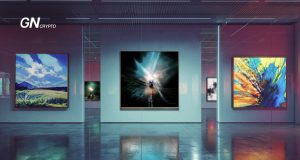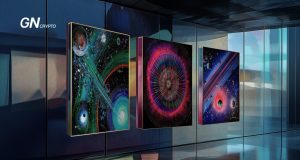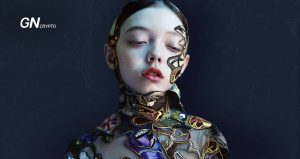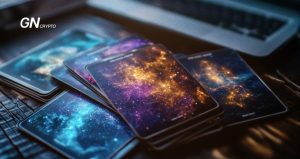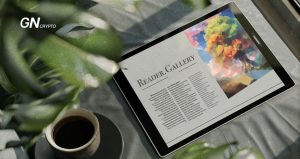The Plague NFT Collection: Digital Frogs’ Leap into Ambition
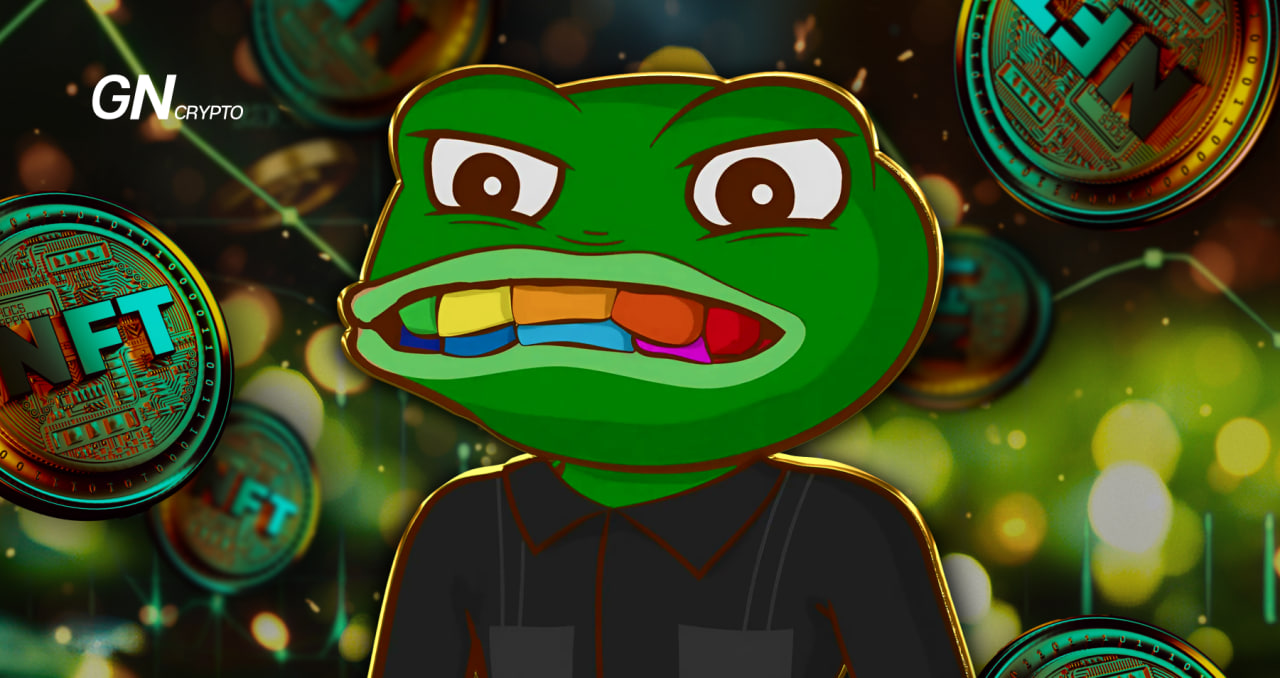
At the heart of The Plague NFT lies a digital collection of artistically rendered frogs. This collection serves as the cornerstone of a brand and community committed to championing values such as equality, transparency, and decentralization.
On this page
Behind the scenes, The Plague NFT is the brainchild of an anonymous team of enthusiasts, including managers, programmers, and artists. The founder, transitioning from traditional business, launched this collection with a vision to craft a brand rich in internal services and boasting a management structure far more refined than that of most existing cryptocurrency ventures.
The choice of the name “The Plague” reflects their vision of acting as a “beneficial virus,” swiftly spreading to dismantle and replace the corrupt existing systems. Furthermore, the name hints at a biblical reference, evoking the time when Egypt was overwhelmed by a plague of frogs.
This collection showcases 11,000 NFTs, each distinguished by a range of unique features like eyes, mouths, and weaponry. At the time of writing, the entry price is pegged at 0.3 ETH. These NFTs are accessible on renowned platforms such as Blur or Magic Eden, and even on their dedicated NFT marketplace. A notable exception is OpenSea, which is bypassed due to its policy on mandatory royalties—a critical component for the collection demanding a 7.5% cut.
The Plague NFT Collection. Source: Blur's Official Website.
The royalty strategy is pivotal, as it ensures that income from secondary sales directly supports the ongoing operation and growth of the project. This comes after a substantial portion of minting proceeds was already directed towards charitable contributions, and compensating artists, programmers, and community managers.
While the creators stop short of laying out a detailed roadmap, the brand is on an upward trajectory. Among the recent enhancements is the debut of Making Coffee, an in-house service facilitating the sale of coffee beans. This initiative knits together farmers, producers, retailers, and coffee aficionados in a decentralized community, fostering the development of the coffee supply chain.
In addition to the allure of collecting, NFT owners have the opportunity to accrue Frog Coin (FRG), a utility token, through NFT staking. Launched on the Ethereum blockchain, the development team has issued a total of 300 million coins. Over time, this issuance is set to be distributed among community members, the treasury, and decentralized exchanges, paving the way for future use in internal services and events.
Insight into the Project's Current Structure. Source: Official Discord Channel.
A point of interest: Despite their active engagement in the digital economy and interactions within metaverses, the project's architects stand opposed to virtual worlds. They argue these realms should serve merely as avenues for financial gain and personal enrichment, rather than as wholesale replacements for tangible life experiences.
At present, the project's utility may seem modest, limited to its unique NFTs and a singular internal service. Yet, the team harbors significant ambitions for broadening and enriching the ecosystem. We're keen to see where this journey leads.
The content on The Coinomist is for informational purposes only and should not be interpreted as financial advice. While we strive to provide accurate and up-to-date information, we do not guarantee the accuracy, completeness, or reliability of any content. Neither we accept liability for any errors or omissions in the information provided or for any financial losses incurred as a result of relying on this information. Actions based on this content are at your own risk. Always do your own research and consult a professional. See our Terms, Privacy Policy, and Disclaimers for more details.



